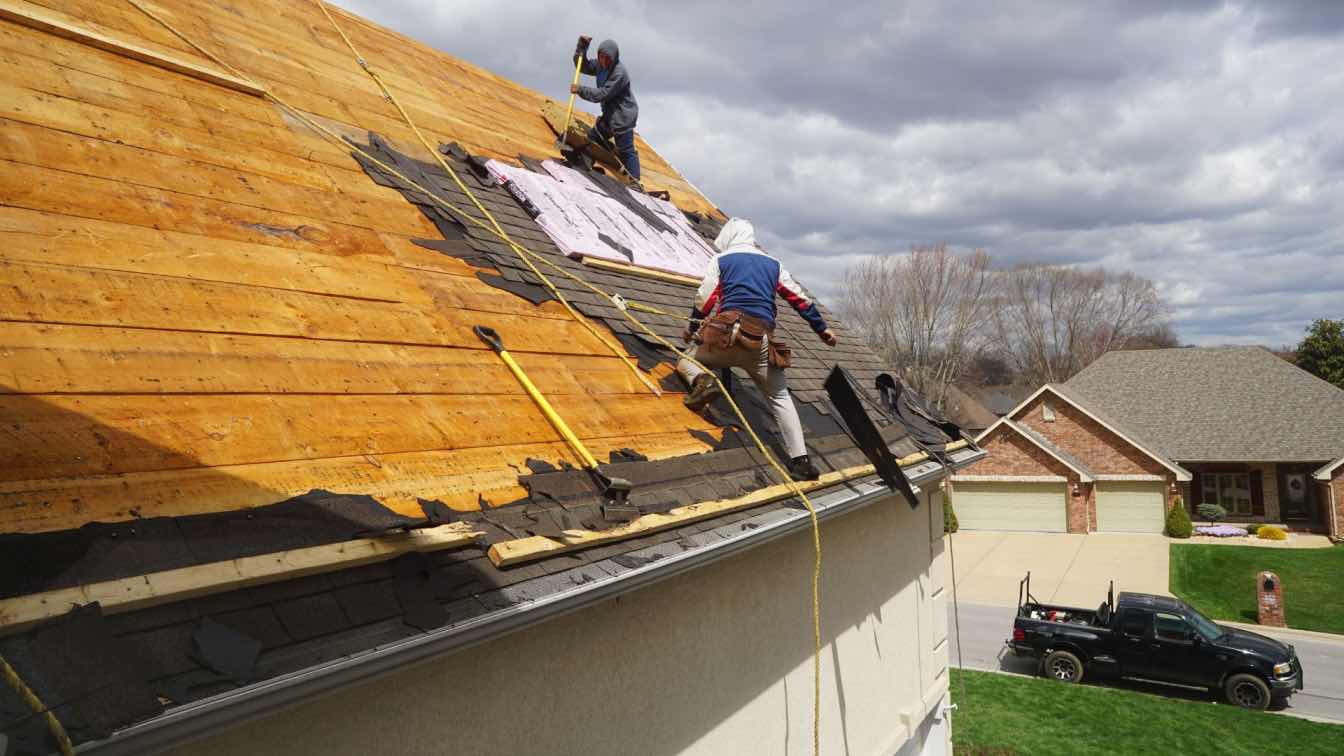Your home is your haven, a sanctuary that provides comfort, security, and protection. One element that plays a pivotal role in safeguarding your home is the roof. A well-constructed roof not only enhances the structural integrity of your home but also shields it from adverse weather conditions. According to the National Roofing Contractors Association, the roof contributes to around 40% of a home's curb appeal, reflecting its significant role beyond just protection. Furthermore, a properly maintained roof can lead to energy savings of up to 30%, as reported by the Department of Energy. Despite these compelling statistics, the importance of a quality roof is often overlooked until a serious issue arises.
Material Selection
Options include asphalt shingles, metal roofing, or slate tiles, each with its pros and cons. Asphalt shingles are the most popular material due to their affordability, ease of installation, and versatility. However, they have a shorter lifespan compared to other materials and may require frequent maintenance. Furthermore, even if you hire roofers in Georgia or other experts for installation, you can rely on their expertise to ensure that your roof is properly installed. Metal roofing, while more expensive, has a longer lifespan and is highly durable, making it a wise investment in the long run. Slate tiles are known for their aesthetic appeal and can last up to 100 years with proper maintenance. However, they are the most expensive option and require specialized installation.
Budget
Define your budget upfront and work with a trusted contractor to ensure you stay within this limit. Consider the cost of materials, labor, and any potential additional expenses such as repairs or replacements for existing structures. It's also important to factor in long-term costs when comparing different roofing options. Furthermore, don't compromise quality for a lower price, as this can result in costly repairs down the road. Moreover, some roofing materials, such as metal, may qualify for tax credits or rebates, providing additional savings opportunities. For budget-friendly options, consider researching and comparing quotes from different contractors to find the best value for your money.
Energy Efficiency
A well-insulated roof can significantly reduce your energy costs and contribute to a more sustainable home. When choosing roofing materials, consider their energy efficiency ratings and how they can help you save on heating and cooling expenses. Metal roofing, for example, reflects heat away from the home, reducing the need for air conditioning during hot summer months. Additionally, some materials are designed to be more environmentally friendly, such as metal roofing made from recycled materials or asphalt shingles with solar reflective coatings. Prioritizing energy efficiency not only benefits your wallet but also helps reduce your carbon footprint.
Contractor Selection
It's crucial to work with a reputable, licensed contractor who carries insurance. Consider their experience, references, and ratings before making a decision. Moreover, ask for a detailed written estimate and compare it with other contractors to ensure you are getting a fair price. Additionally, be wary of low bids as they may indicate subpar workmanship or the use of inferior materials. Reading reviews and checking references can also provide insight into the contractor's level of professionalism and ability to meet deadlines. Most importantly, don't hesitate to ask questions and express any concerns you may have throughout the process.
Maintenance Requirements
Understand the maintenance needs of your chosen material to ensure its longevity. Some materials may require more frequent inspections and repairs, while others have a longer lifespan and lower maintenance needs. Regularly cleaning gutters and removing debris from the roof can also go a long way in preventing damage and prolonging the life of your roof. Additionally, consider scheduling annual inspections with a professional to catch any issues early on before they become major problems. Most roofs will require some level of maintenance, whether it is minor repairs or a complete replacement over time, so be sure to be prepared.
Local Building Codes
Check your local building codes and Homeowner's Association rules to ensure your roofing project is compliant. These regulations may dictate the type of material, color, and style you can use for your roof. Failing to comply with these codes can result in fines or legal issues down the road. It's always best to consult with a contractor familiar with local building codes to ensure your project meets all requirements. Even if you plan on doing the project yourself, it's crucial to understand and follow these regulations. Furthermore, it's important to note that building codes and regulations are in place for the safety and well-being of homeowners, so it's best to follow them diligently.
By considering factors such as material selection, budget, energy efficiency, contractor selection, maintenance requirements, and local building codes, you can make informed decisions for a successful roofing project that meets your needs and enhances the beauty and functionality of your home. Remember, a quality roof is an investment that pays off in the long run and provides peace of mind for years to come. So, whether you are embarking on a new construction project or planning to replace your old roof, take the time to explore and discuss what matters for your unique home roofing needs.





